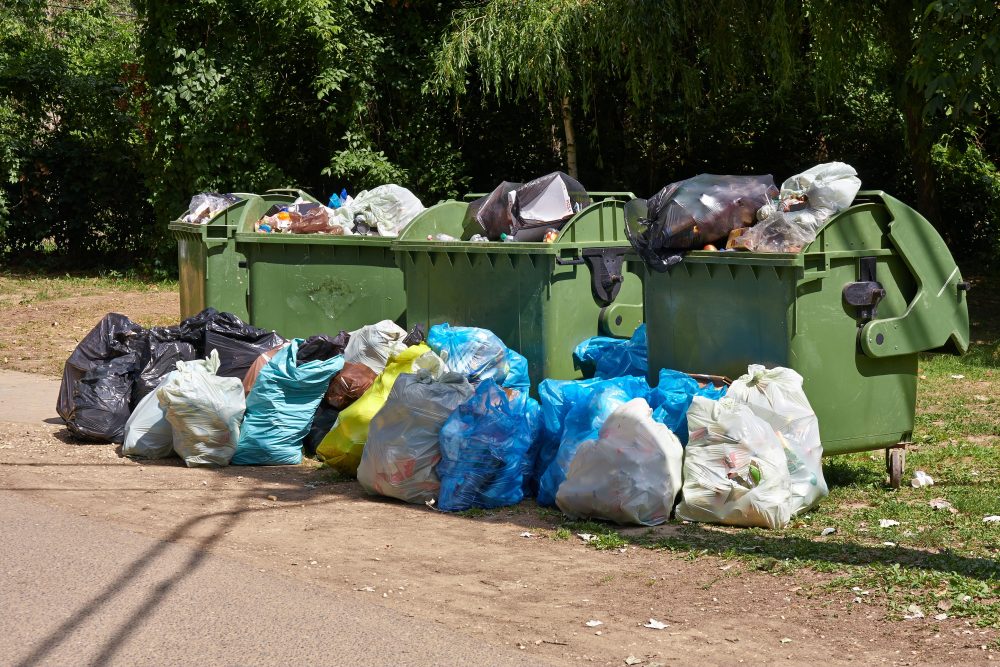Problems With Waste Management in Urban Places
There are different challenges faced in the developing worlds in terms of waste management. The more developed countries have advanced technologies and facilities to handle their large amounts of waste. The government bodies and bureaucracies put in place also support this processes.
Waste is not sufficiently collected and disposed in the developing world as they are still in the process of transiting into better systems of managing waste. In places where there is high population growth, there is an urgent need for policies and guidelines set by the governments to ensure proper waste management.
In most cases, the methods used to manage waste include dumping on land or water bodies, burning it up or keeping it in a secured facility. The levels of negative impact on the environment and human health each of these methods has are varying, especially if they are mishandled at any stage of the process.
There should be a deliberate connection between waste management, employment opportunities, involvement of the community and poverty eradication in developing countries.
More often than not, government institutions in the third world countries want to make use of the technology and equipment being used in the developed world, but in real sense, this is just a corruption avenue, where those in authority are seeking for kickbacks from fleet suppliers and contractors, which is usually uneconomical for the poor people in such a country. When this is implemented, then the people who were depending of refuse collection and scavenging as a source of livelihood will only become poorer. Also, the refuse in the third world is not sorted out and therefore the technology that will be used will just pick the waste without being able to separate any reusable and recyclable materials.
There should be national policies put in place that will encourage efficiency use of resources while ensuring prevention of waste refuse and how it can be made good use of.
A more sustainable development can come about through community-based strategies to waste management. The approach from the grassroots moving up can be more beneficial as opposed to doing the top-bottom approach which hardly involves the communities. Recovery of materials has always been a core principal in waste collection and management, since time immemorial.
The disposal concept came about the twentieth century. In Europe, during the 19thcentury, initial efforts of reducing the amount of waste were the core thing so that there is enhanced industrial competitiveness.

The Union of Rural-urban for the Exchange of Food Nutrient
By using organic recycled products, it is possible to counter the widespread soil degradation and the reduction of soil fertility. This will also help in reducing the organic matter in the towns. This rural urban alliance is basically recycling organic elements for refuse into agricultural products that can be used in the towns.
However, there is a school of thought that believes that this is just but a trick to dump all that waste from town onto farmers. Those advocating for this method need to show clearly how pure, balanced and valuable their product is.
Other Options for Landfills
Most countries are now advocating for reduced waste production. As seen in the increasing composting facilities, it is possible to turn the organic refuse into high value products that can be used. This means that waste materials are being used as raw materials to produce new products. Industries are also being approached for waste exchange.
The construction and building industry should also endeavour to use materials that are long lasting and produce minimal waste. This is because 40 of waste in landfills comes from this industry. A research should be done as to how houses that are long-lasting be constructed and with what kind of materials. Other alternative to be considered are;
- Reduce transport by promoting onsite treatment and use
- Minimize waste production
- Incentives for those using sustainable materials
- Facilities that recycle to be initiated
- Ban production of any hazardous material that cannot be recycled or disposed off safely
Lifestyles
People should be encouraged and educated on the need to have minimal waste being generated from our daily activities. As well, it is important to create awareness on the importance of using recyclable and sustainable materials and products.



Comments are closed.